Among the major airlines in the United States, United Airlines has taken by far the strictest stance when it comes to requiring employee to be vaccinated. The airline has gone so far as to put employees requesting a medical or religious vaccine exemption on unpaid leave. That will shortly be changing, as these employees will be returning to work.
In this post:
United brings back unvaccinated employees
It’s being reported that United Airlines employees who haven’t been vaccinated against coronavirus for religious or medical reasons can return to work at the end of March 2022.
This will only apply to US-based employees who requested a vaccine exemption, and not to the more than 200 employees who refused to get vaccinated and didn’t get a valid exemption. Those employees will continue to remain terminated. It’s estimated that around 2,000 employees successfully requested a vaccine exemption, so that’s potentially quite a few people returning to work.
From early on in the pandemic, United CEO Scott Kirby made it clear that getting employees vaccinated was a priority, regardless of whether or not there was a government mandate requiring it. He viewed it as an important step to protecting employees and customers, and stated that it would save lives.
In the fall of 2021, the airline made it clear that unvaccinated employees with an exemption would no longer be allowed to work in customer-facing roles. There was an attempt to find these employees non-customer facing roles, but those opportunities were limited, so most employees were put on unpaid leave. As you might have guessed, this policy has caused several lawsuits to be filed.
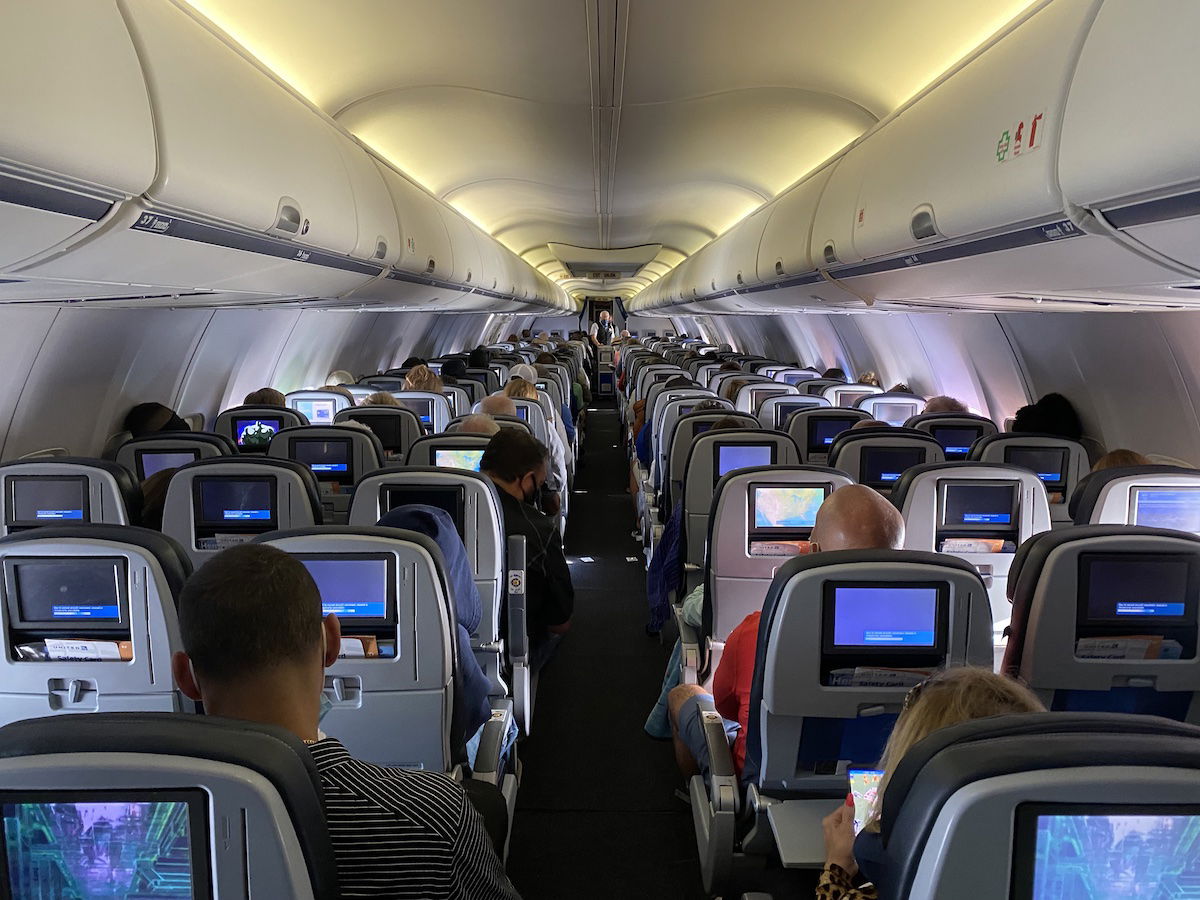
United no longer considers the pandemic to be a serious risk
Here’s what’s interesting about United’s move. When United put unvaccinated employees on unpaid leave in November 2021, the airline said it would only bring back unvaccinated employees when the pandemic no longer poses a serious threat.
It goes without saying that case numbers are way down compared to the omicron peak we saw several weeks back. I think many of us are wondering what’s next — is another big wave coming, is there enough immunity between infections and vaccination to allow the pandemic to die down a bit, or what?
One thing is for sure — more and more of the world has decided to just live with coronavirus. We’ve seen many countries declare the end of coronavirus-related restrictions, accepting that the current situation is likely the new normal. It’ll be interesting to see whether that sticks, or if that’s a temporary move until the next wave. Nonetheless it’s noteworthy to see an airline essentially proclaiming that the pandemic no longer poses a serious threat.
One thing I can’t help but wonder about is what morale will be like among these employees. There are potentially quite a few people returning to work, and many have filed lawsuits and are likely not happy with the airline. Will they be happy to return to their jobs, or…?
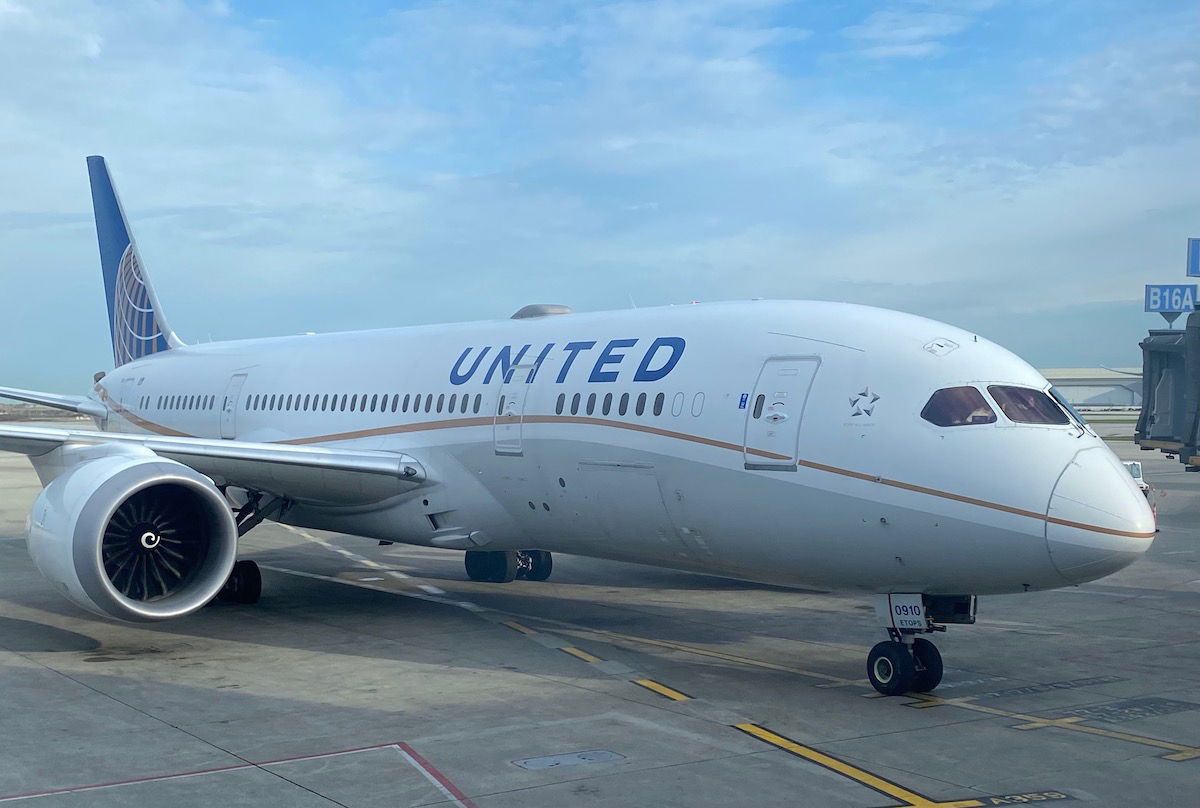
Bottom line
In late 2021 United Airlines put most unvaccinated employees with an exemption on unpaid leave, meaning United had the strongest stance on vaccines of any major US airline. United executives said that unvaccinated employees wouldn’t return to work until the pandemic no longer poses a serious threat to public health, and it seems the airline has decided that the time is now.
What do you make of United bringing back unvaccinated employees?
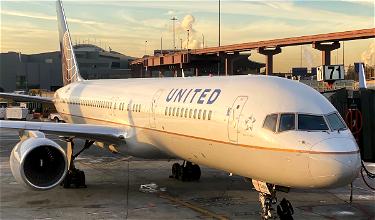

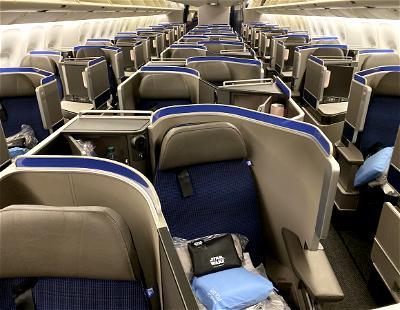
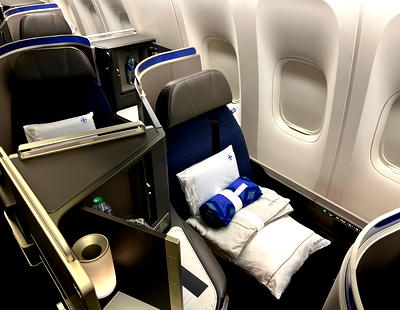
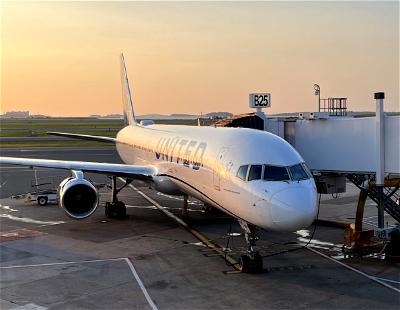
If I was United I would advise these returning employees that their medical insurance will not cover hospital costs if they contract covid and require hospitalization. The only exception would be for those that had legitimate medical conditions that prevented them from being vaccinated.
Considering the vaccines seem fairly useless, unfortunately (yes, I got vaccinated!), and we were all lied to by these companies - it's appalling people were fired for exercising their medical autonomy. They don't prevent spread, don't prevent infection, none of it and don't seem to help very much with outcomes either.
Pre-Omicron, vaccines greatly reduced infection and transmission. Even post-Omicron, they have retained their protective power against hospitalization and death.
Stop spreading BS.
Except for the fact that, yes, over the past ~6 or so months, death rate among the unvaccinated was 10x-20x that of the vaccinated.
But you seem to live in the Tuckerverse, so good on ya cuck.
While there's plenty of extreme opinions (and, frankly, complete nonsense) from both sides of this issue, both their initial decision and this one seem reasonable from a data-driven standpoint. New cases are down to around 1/20 of their omicron-surge highs and still falling quickly (as exponential functions do.) By the end of the month, they'll likely at least halve again, getting us back down near the levels from early July of last year, before the...
While there's plenty of extreme opinions (and, frankly, complete nonsense) from both sides of this issue, both their initial decision and this one seem reasonable from a data-driven standpoint. New cases are down to around 1/20 of their omicron-surge highs and still falling quickly (as exponential functions do.) By the end of the month, they'll likely at least halve again, getting us back down near the levels from early July of last year, before the delta and omicron surges started.
It made sense to exclude unvaccinated employees from customer-facing roles during the omicron surge, particularly in an industry whose lifeblood is the ability of people to travel safely and reliably. But that surge is ending now, so allowing those employees to return by the end of the month now makes sense.
Spread of communicable disease is an exponential function. When that exponent is much larger than 1 (and, thus, cases are increasing very rapidly,) more restrictive measures are needed than when that exponent is much less than 1, as is now the case.
If these employees didn't get vaccinated due to a real health issue, which is a thing, then fine. If they opted out for the sake of identity politics, or over a gross misunderstanding of what freedom is and what it means, or worse, for a religious exemption, then they own a big part of COVID19's community spread, are part of the problem of the pandemic, not its solution. They have no sense of civic duty...
If these employees didn't get vaccinated due to a real health issue, which is a thing, then fine. If they opted out for the sake of identity politics, or over a gross misunderstanding of what freedom is and what it means, or worse, for a religious exemption, then they own a big part of COVID19's community spread, are part of the problem of the pandemic, not its solution. They have no sense of civic duty or pride and represent cogs in the wheel of misinformation, misery, aggression, oppression, and sit prominently atop all the things that made this pandemic the miserable human experience it is.
I feel like what's highly missed in this whole Kirby decision is the likelihood of sick employees and cost/airline reliability associated with that. Economics was likely the key driver in his decision followed by caring for employees
Pretty minimal. Out for 5 days then back for a year+ and about same risk of getting Covid as a vaccinated person. My wife got vaccinated 4.5 weeks ago (for international travel) and got Covid a week a ago, less than a month after and peak “protection”
Rob, do you stop wearing a seatbelt when you hear that people wearing them still get hurt in car accidents?
Those employees should form cabals to pilfer everything they can from United while providing the worst customer service they can get away with. United took their pound of flesh from these employees, time for revenge.
Asinine and juvenile. On brand, though.
Yes sticking their nose up their employees business was indeed asinine and juvenile
Since mRNA vaccinations don't stop transmission.
Why did we ever require them in the first place?
They also lose effectiveness quickly, boosters too.
Why did we try to force them on people?
So the hospitals would have enough beds and resources to treat other patients instead of only the Covidiots, for starters.
This effing Don twat literally only shows up on travel blogs for mouth-breathing anti-science Covid garbage...what a loser
I think this is one of those times where there is a slight disconnect between the what folks in leadership are thinking versus people as a whole. A majority of Americans are still in favor of some pandemic restrictions continuing, but there are a vocal set who are against any restrictions. My Georgia-based employer dropped their vaccine passport requirement to enter the office last week to encourage the capabilities of the unvaccinated members of the...
I think this is one of those times where there is a slight disconnect between the what folks in leadership are thinking versus people as a whole. A majority of Americans are still in favor of some pandemic restrictions continuing, but there are a vocal set who are against any restrictions. My Georgia-based employer dropped their vaccine passport requirement to enter the office last week to encourage the capabilities of the unvaccinated members of the company, but its resulted in fewer people going to the office, since now some of the vaccinated folks who were going in, don't want to any longer.
Personally, I've been going to a gastroenterologist since the start of 2021 to work through some abdominal issues, and to me the pandemic will be over when my appointments stop being rescheduled because the hospital is dealing with COVID patients. I've only had a single appointment (about Mayish 2021) that didn't need to be rescheduled because of "unanticipated COVID related demand" elsewhere in the hospital.
People arent going into the office because they like working from home and use either the vaccine or the lack of a vaccine as an excuse to not go to the office especially now with insane gas prices. It has nothing to do with covid. I know plenty of vaccinated people who have never submitted their vax cards so they can keep working from home, or my favorite are the people who say they are...
People arent going into the office because they like working from home and use either the vaccine or the lack of a vaccine as an excuse to not go to the office especially now with insane gas prices. It has nothing to do with covid. I know plenty of vaccinated people who have never submitted their vax cards so they can keep working from home, or my favorite are the people who say they are too scared to go to the office because of potential unvacc peopled yet they travel go to concerts and sporting events regularly. Again people dont like working from the office.
"A majority of coastal elites are still in favor of pandemic restrictions continuing."
Fixed it for you.
Disagree. I’ve been in London the last two weeks. Less than 5% are wearing a mask, and even a majority in subway are not wearing one. People are tired of it. People also hate going into the office. The vaccines never did stop transmission, and increasingly obvious, getting Covid. The polls overwhelming show people don’t want to work in the office. Some come back after being asked to but then drop off when they realize...
Disagree. I’ve been in London the last two weeks. Less than 5% are wearing a mask, and even a majority in subway are not wearing one. People are tired of it. People also hate going into the office. The vaccines never did stop transmission, and increasingly obvious, getting Covid. The polls overwhelming show people don’t want to work in the office. Some come back after being asked to but then drop off when they realize there isn’t much enforcement. Some good WSJ articles this week on back to work.
If masks and vaccines work, there is no reason to force a requirement. If they don’t work, there is no reason to force a requirement. Even at their peak, less than 10% of hospital beds were Covid and most of those were folks who got Covid while already in the hospital.